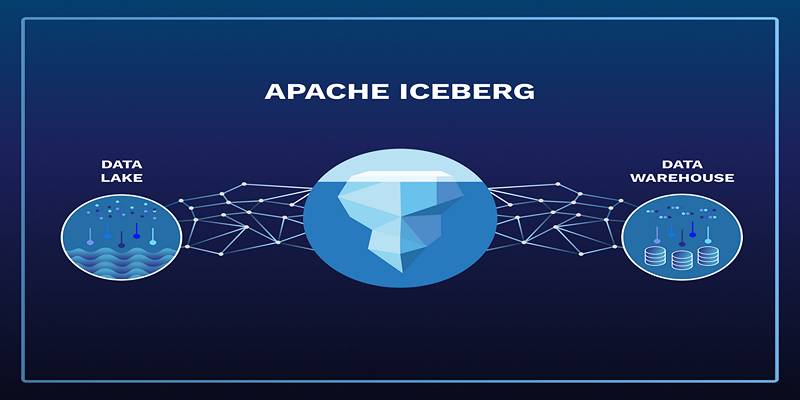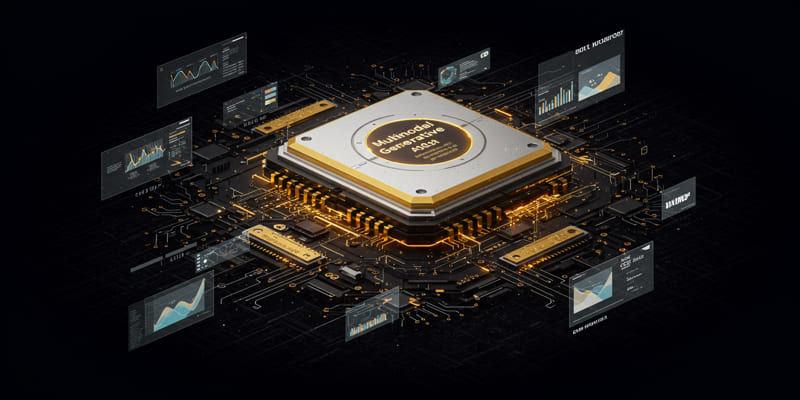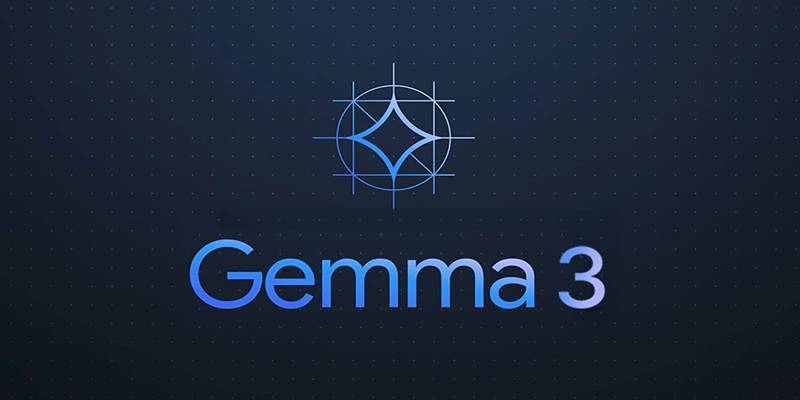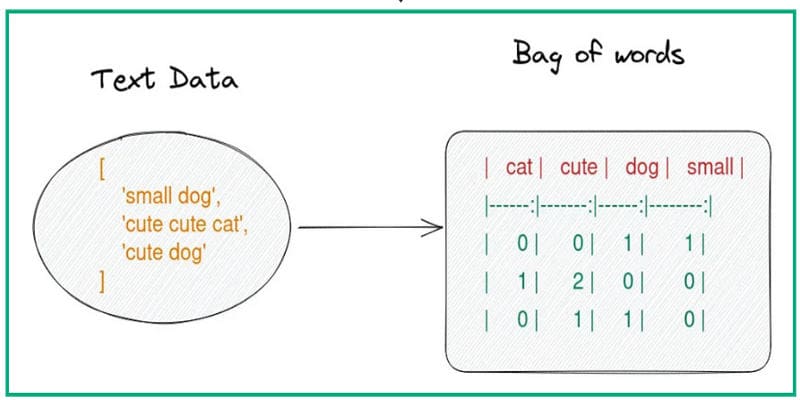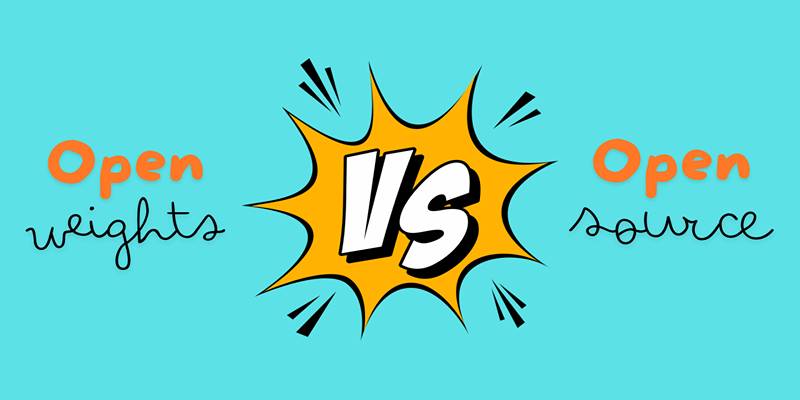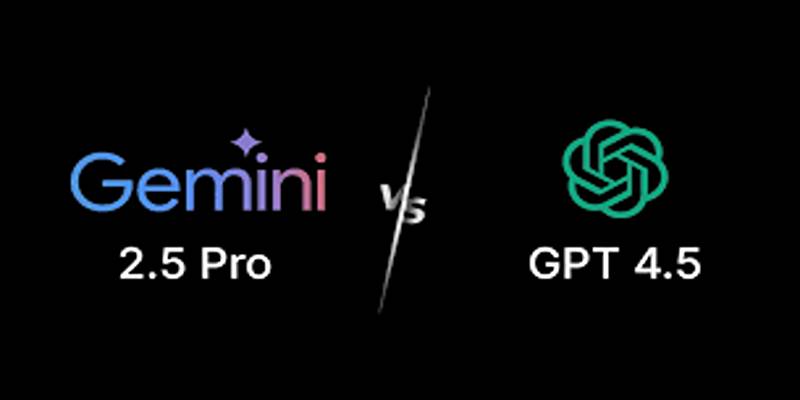PPC campaign artificial intelligence techniques have revolutionized digital advertisers' approach to their plans. Companies no longer rely on hand corrections or conjecture. Campaigns today gain from real-time information, smarter bidding, and better targeting thanks to artificial intelligence. Reducing the wastage of money is the primary objective here while raising click-through rates and conversions. AI helps advertisers produce more relevant ads and find ideal consumers appropriately.
Many systems combine artificial intelligence to streamline performance tracking, A/B testing, and keyword research. Learning user behavior helps these instruments forecast trends and rapidly modify ads. AI-driven decisions enable marketers to make faster, data-driven decisions. Competition in digital advertising depends on using AI to maximize paid search ads; it is no longer a luxury.
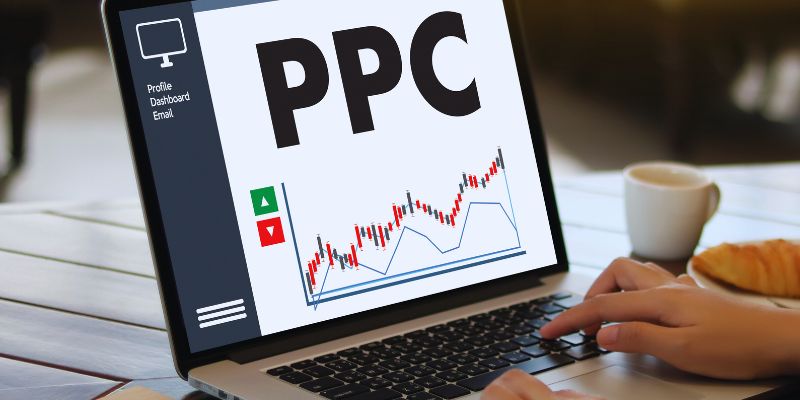
Smarter Audience Targeting with AI:
By examining online activity, artificial intelligence finds your perfect audience. It can forecast users' most likely clicking behavior. You, therefore, attract customers more willing to buy. In seconds, artificial intelligence algorithms gather and analyze data from many sources. That lets one target depending on hobbies, location, kind of device used, or surfing behavior. You can now more successfully create audiences without guessing. Real-time user interaction lets campaigns change as well. Every visitor will thus get a customized ad experience.
AI divides your audience more precisely than hand-made configurations could allow. It removes pointless impressions that eat your money. Correctly targeting reduces cost-per-click and raises your quality score. Your PPC campaign gets smarter and more affordable with artificial intelligence. Smart Bidding in Google Ads and other tools depends on machine learning to raise audience involvement. With less work and better outcomes, you draw higher-value leads.
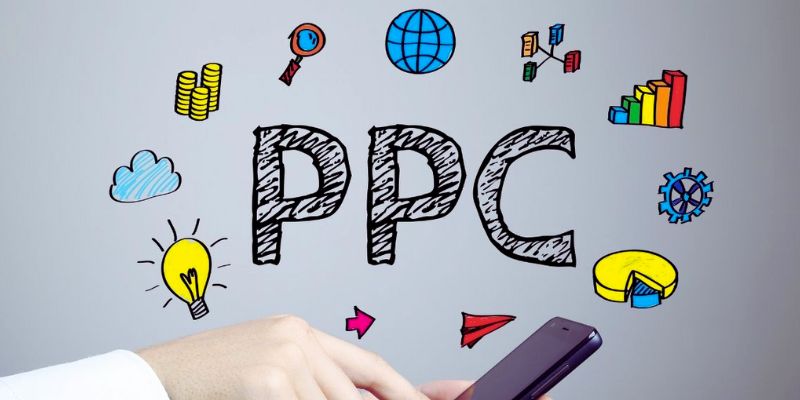
Improved Keyword Research and Management:
While it takes time to find the appropriate keywords, artificial intelligence speeds and intelligibly improves this process. AI systems immediately examine vast keyword data. You can find popular search terms humans might overlook. Emphasizing highly intended keywords helps maximize paid search ads. AI can forecast which terms will be most effective for your niche. It also gets low-performance ones out before they squander money. Accurate keyword suggestions in tools like SEMrush and Ahrefs rely on artificial intelligence.
These tools also provide predicted expenses and a degree of competitiveness. AI aggregates your keyword searches according to user relevancy and behavior. This helps your ad wording more closely reflect user search intent. AI allows dynamic keyword insertion to be automated, enhancing ad relevance. AI also supports negative keyword lists, which prevents irrelevant searches from exposing your adverts. Better click-through rates and reduced expenses follow from smarter keyword use.
Dynamic Ad Creation and Testing:
By studying what messaging appeals most, artificial intelligence transforms advertising creation. It automatically runs several headlines and descriptions. That raises user involvement and guarantees ad relevancy. AI algorithms steer future ad copy by drawing on past results. You get ideas for calls to action, tone, and language. These tweaks will improve your conversion rates. Weeks were used for A/B testing; it is done in real-time today. AI generates several ads and presents the best one to every user. That gives your adverts a more personal feel.
Artificial intelligence power platforms like Google Ads drive responsive search ads. They dynamically mix headlines and descriptions to fit user intent. You spend less money on underperformance copies. AI constantly learns which messages appeal to them. Every test yields improved answers. Good ad development results in more conversions with less editing required.
Bid Optimization and Budget Allocation:
AI controls your bids using real-time click, impression, and conversion statistics. It automatically changes your expenditure in response to performance. Your money thus travels where it generates the best return. AI can project when and where to bid higher or lower. That balances your money among times of day and top-notch keywords. AI eliminates the need for hourly hand adjustments of bids. Smart Bidding and other tools maximize every bid using machine learning. You do better even on a limited budget.
Artificial intelligence lowers money waste by concentrating on valuable clicks. It responds fast when the direction of the market or trends change. Depending on what performs best, the budget can be transferred throughout campaigns. AI increases your return on ad expenditure efficiency. Campaigns start to pay off without more work involved. It's a clever approach for faster scaling of outcomes.
Real-Time Performance Monitoring and Insights :
AI systems monitor performance around the clock and highlight problems before they become more prevalent. You are no longer waiting for weekly reports. Clear insights on easily readable dashboards show data. AI notes which audiences, advertising, or keywords will most likely convert. It clarifies why campaigns either succeed or fail. You make wiser judgments on demand by having quick insights. Live data can cause campaigns to be suspended or reduced. AI advises, based on audience behavior and trends, what to do. Something unexpected sets off alarms.
That stops poor participation or broken links from causing budget loss. AI helps platforms like Optmyzr and Adobe Advertising Cloud streamline reporting. You get not countless spreadsheets but rather a concise summary. Artificial intelligence tracks ROI, click-through rates, and bounce rates in real-time. It converts unprocessed data into obvious, doable actions. Better monitoring leads to faster outcomes and less surprise in your marketing performance.
Predictive Analytics and Future Planning :
Artificial intelligence not only records past performance but also forecasts future events. Using trends and user data, predictive analytics projects campaign outcomes. Better planning helps you to prevent expensive errors. AI advises you on what to expect in the following week or month. It guides where to invest and the amount of the budget to be set. Predictive instruments reveal which keywords can become more or less valuable. You keep one stride ahead of your rivals. You guide rather than respond to trends.
Campaigns become more effective when one can schedule depending on predictions derived from data. Artificial intelligence changes your adverts depending on consumer patterns, seasonality, or market swings. It provides ideas for long-term planning rather than only transient successes. You steer clear of hurried changes and frantic responses. Predictive analytics makes campaigns operate better and keeps them future-ready. It's like having data drive a crystal ball. More returns and expansion follow from more intelligent planning.
Conclusion:
AI technologies for PPC campaigns provide smarter decisions, improved targeting, and greater conversions. Using automatic insights, advertisers save time and money. More precisely, predictive analytics enable better planning of future tactics. Real-time tracking and smart bid tweaks rapidly improve campaign performance. Using artificial intelligence to maximize sponsored search ads helps to lower waste and raise return on investment. Less guesswork helps every campaign become more successful. Long-term PPC performance depends on long-term investing in artificial intelligence. In today's fast-paced digital marketing scene, those applying AI technologies have a great advantage.
